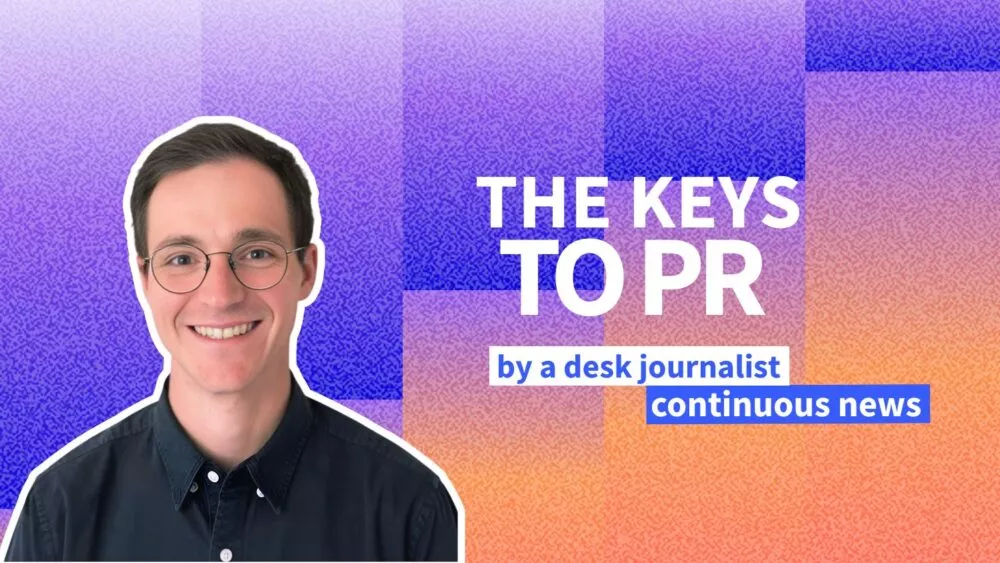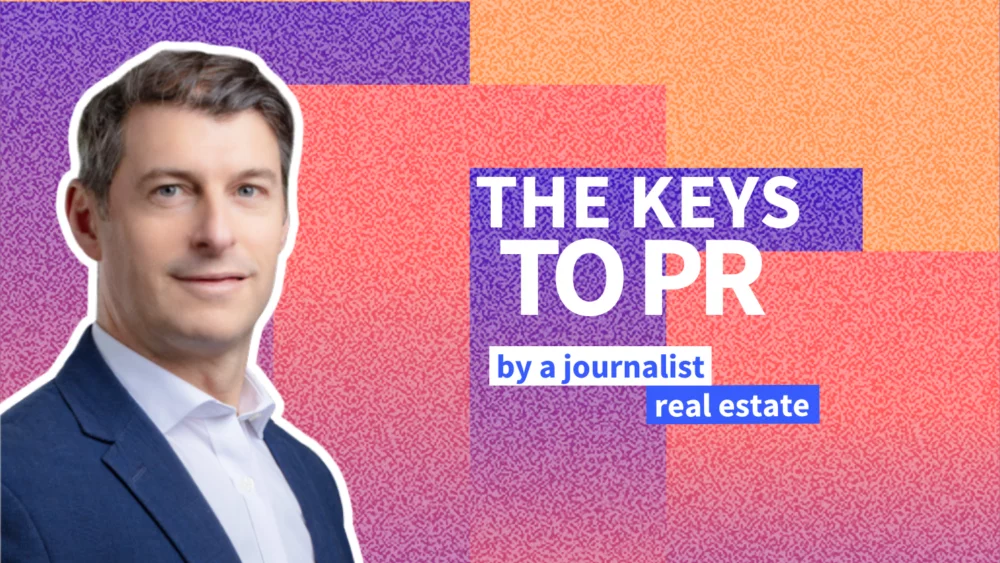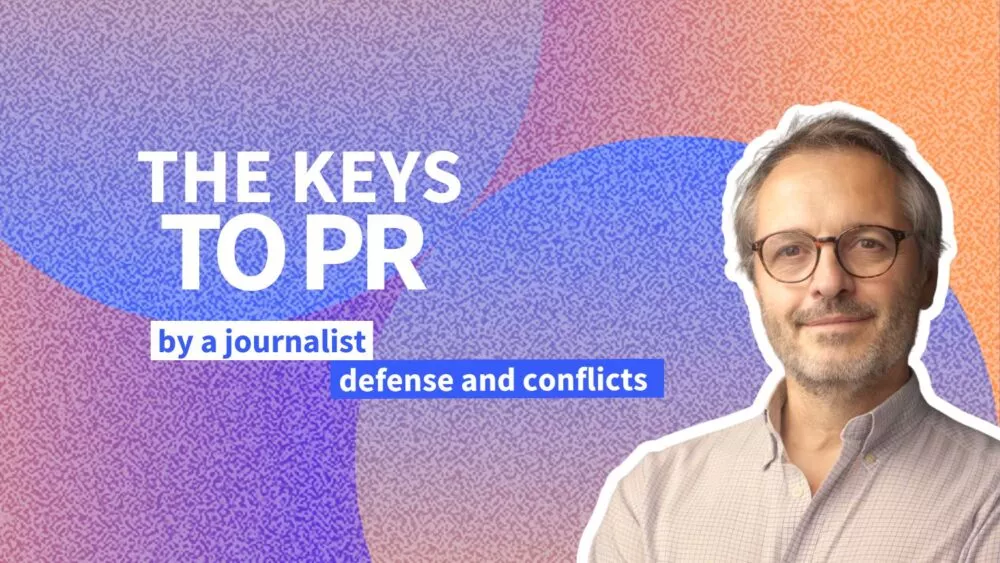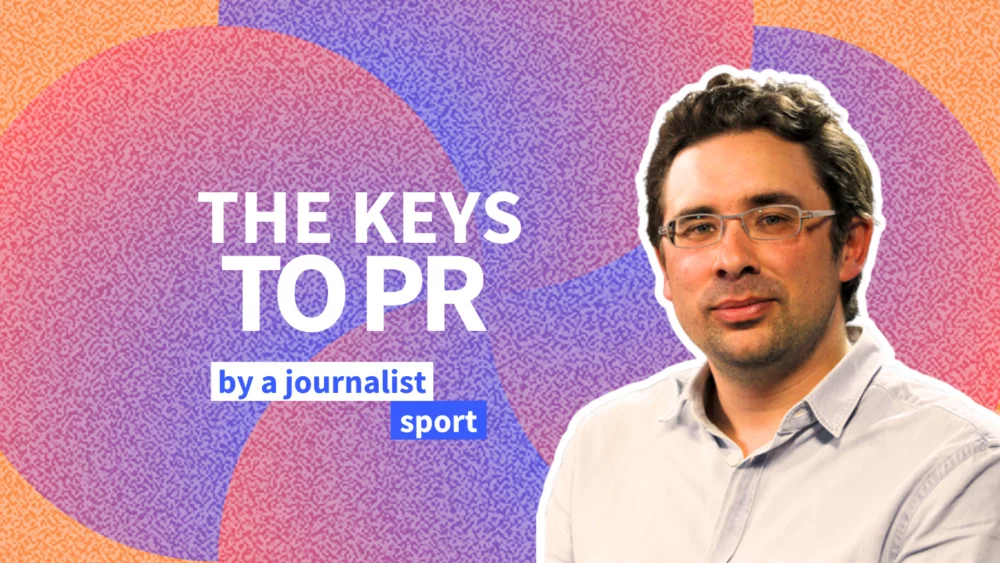The speed of information dissemination, whether true or false, poses a significant challenge for companies often in a state of alert or crisis. Another challenge in the chaos of information we experience is emergence. How can visibility be ensured for the message in this flow of discontinuous news and increasingly competitive statements? How can credibility be ensured in a world where alternative truths are emerging? This places growing importance on content and information distribution strategies, and consequently, on the choice of technological solutions.
Do the new practices related to information consumption and its overabundance have an impact on your activity as a press room and PR software editor ?
PR tools are becoming more professionalized. In the 2000s, there was great freedom in information dissemination, and emailings were massive. The same story was sent everywhere at the same time to all media outlets, and the success of an announcement was linked to the number of contacts and the volume of coverage. Today, we adopt more refined and complex multichannel approaches with higher-quality content. The aim is to disseminate information from different angles, with different hooks, different timings, and on different channels to reach fragmented and highly diversified audiences. We will continue to use the press release format, which remains a major tool in information production, but we will enrich it and make it easier to access and share. We will also continue to use mailing, but to address 200 carefully selected individuals rather than 4,000!
What have you implemented on the technological front to address this ?
At Epresspack, we are addressing these developments with in-house developments or alliances, such as with AFP and the MediaConnect community press room. Our technological solutions are turnkey, meaning they allow for end-to-end campaign management and monitoring, precise targeting, and message angling based on themes, channels, and audiences. We have also integrated innovative features like blockchain to protect information and combat fake news. And all of this is managed from a single command center. In essence, we are working to offer efficient yet user-friendly tools that enable communication teams to increase productivity and track project management no matter where they are.
And your clients? Are they receptive to these new practices and have they shown concern about adapting to them? In what ways ?
Expertise evolves at the pace of technological innovations, and communication departments continuously monitor their professions and industry practices. Many have realized that technology has become a prerequisite for content strategies. Because what value does a good message have if it's not accessible and downloadable in 2 clicks on all devices? What value does a press release have if it's not visually appealing with photos and videos? What value does a campaign have if we don't know which journalist has opened the press release to contact them? How can we tell a story other than by acting like a media outlet with news editorialization, long-term archiving, subscription proposals, and a seamless reading experience? Technology is an ally that can solve many constraints, such as the scarcity of human resources in communication departments and the decentralization of teams, which complicates project management.
The disruption caused by generative AI has sparked fears in some professions. What about in PR? What are your clients telling you ?
AI will influence all professions, all industries, and the PR world will not be exempt. It will have to adapt, find its place, and ensure that technology does not give birth to a world of widespread misinformation and loss of reference points. We are on the eve of significant upheavals, similar to those experienced during the invention of the printing press or in the fields of genetics and robotics. Rules will need to be established, even if it won't be easy.
And you, have you used or do you plan to use AI at Epresspack ?
At Epresspack, we do not use AI for multiple reasons, particularly because AI is not yet adapted to programming language. But we closely study its uses, especially in aiding analysis.
More broadly, what do you think? Between those expressing fears and others seeing it as an opportunity, where do you stand ?
This innovation, like all innovations before it, depends on how it is used. To date, it is still a statistical tool that imitates us and spits out knowledge but is not technically intelligent. Properly mastered, it will be beneficial in fields such as expertise, science, and medicine. Misused, it could be malicious and irresponsible. Personally, I advocate for a reasoned, regulated approach in the service of progress, even though this notion carries within it all controversies.
Interview by Hugues Dago








